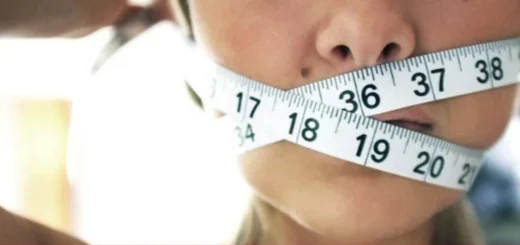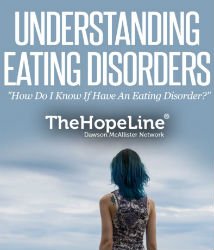Binge Eating Disorder in Males
Binge eating disorder is a severe, life-threatening disorder characterized by recurrent episodes of compulsive overeating or binge eating. In binge eating disorder, the purging to prevent weight gain that is characteristic of bulimia nervosa...














Recent Comments